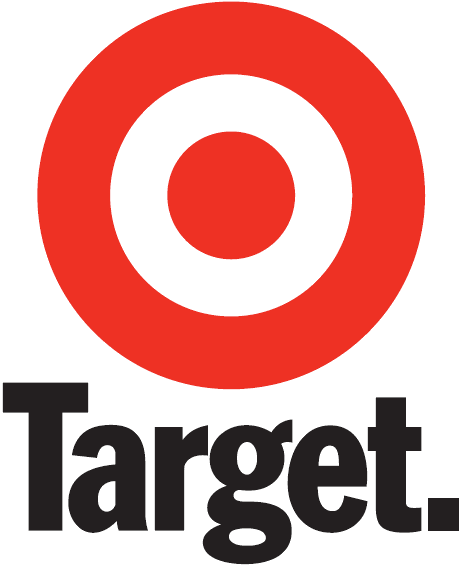Last week rumors began to circulate that Apple was planning to open small retail stores in as many as 25 Target locations. During a presentation on Thursday at CES, Target confirmed that it will have 25 stores featuring “special displays” of Apple products.
Neither company has provided details on the partnership, however it will likely be similar to Apple’s deal with Best Buy, which sells the company’s products from dedicated mini stores within more than 600 Best Buy locations.
Check out the press release below…
Target to host boutiques, and Apple, in stores
(Reuters) – Target Corp (TGT.N) will soon have exclusive shops selling everything from candy to clothing as the discount chain tries to stand out among the growing ranks of retailers offering trendy, often low-priced merchandise.
Target will also have 25 stores featuring special displays of Apple Inc (AAPL.O) merchandise, a move that had been the subject of speculation last week and which the retailer confirmed on Thursday.
Target, which is based in Minneapolis, unveiled its “The Shops at Target” concept in New York. Items from boutiques such as Boston’s Polka Dog Bakery, Miami’s The Webster and San Francisco’s The Candy Store will be priced from $1 to $160 and be sold in Target and on its website for six weeks starting in early May. A new collection will then be sold in the fall.
Architect and designer Michael Graves’ tea kettles and other home goods helped Target pioneer the concept of higher-end partnerships at mass chains back in 1999.
Now Target, which has more than 1,760 U.S. locations, is scouting around the world for unique shops that will co-create merchandise to be sold exclusively through Target.
The push comes as Target has watched other chains launch more exclusive goods, such as Kohl’s Corp’s (KSS.N) line of Vera Wang apparel and shoes, and stores within their stores, such as J.C. Penney Co Inc’s (JCP.N) partnership with Sephora for cosmetics boutiques.
“We’ve gone through a cycle where everybody looked like everybody else and had the same product mixes and now the way to really differentiate this is to do your own concept shops,” said Roseanne Morrison, fashion director at retail consulting firm The Doneger Group.
Target’s plan could be a big payoff for small retailers such as Connecticut’s Privet House, which opened its first store in 2008 and its second in 2009 where it sells a mix of vintage goods and new home accessories. Its Target collection includes melamine plates, cloth napkins and metal planters and bins.
At the Privet House stores, glasses might sell for $15 or more, said co-founder Suzanne Cassano. At Target, cups in the Privet House collection for Target will be priced at $3.49 and $3.99.
“Good design at any price is good design,” said Richard Lambertson, who started Privet House with Cassano after years in retail including co-founding bag maker Lambertson Truex.
The first five shops — The Webster, The Candy Store, PolkaDogBakery, Cos Bar and Privet House — all hail from the United States. International partnerships are also a possibility, said Brian Robinson, Target’s director of fashion and design partnerships.
Target has used limited-time designer partnerships to drive sales of apparel and accessories before, including lines from exclusive clothing designers such as Thakoon Panichgul and Zac Posen.
September’s Missoni line of products, which included everything from sweaters to a bicycle, proved so popular that it brought down Target’s website on the day of the launch.
“That was an unprecedented event,” said Stacia Andersen, Target’s senior vice president of merchandising for home and seasonal goods.
Target is trying to balance having the new items in stock, both in stores and online, yet also conveying to shoppers that they are only limited-edition goods, she said.
The company could use some momentum after posting disappointing sales at existing stores in November and December and cutting its profit forecast just last week.
Lambertson and other store owners partnering with Target said they were not concerned about diluting the value of their brands by working with a retailer known for low-priced goods.
Lambertson, for one, already shops at Target and does not refer to the chain as a discounter.
Target is a “mass retailer,” he said.
Separately, Target said that its board authorized the repurchase of up to $5 billion worth of shares over the next two to three years once its current $10 billion buyback program expires in early 2012.






